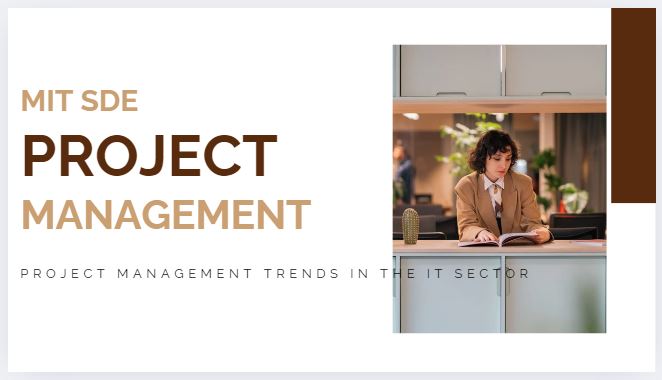Material management is referred with campus planning material products for the movement of materials or with logistics of a supply chain. It is an approach for planning, organizing, and is an approach for planning, organizing, and controlling all those operations principally concerned with the flow of materials into an organization. It is referred to the process of management which coordinates, supervises, and executes the tasks associated with the flow of materials to, through and out of an organization in an integrated fashion.
It can be said as a selection of supplies and ends when the material is delivered to its points of use. Materials constitute a major cost of construction projects. The flow of materials into a project is essential to ensure timely completion. A stock-out disrupts, work, and its effects are both visible and invisible. There are several functions it involves, such as production and material control, purchasing, non-production stores, transportation, materials handling, and receiving. Material Management can be used in a very efficient planning manner in buying and purchasing materialistic functions. It is concerned with some activities like controlling amount, kind, movement, location, and various production processes. The material management functions should be effective for maximizing productivity, i.e., material planning & material control. Reduction of expenses is done by implementing various techniques such as inventory control, simplification, reduction, value analysis, etc. Some examples of material management are specifying materials, raw materials like raw stock, crude oil, paperboard, wheat, etc.
The basic objectives of material management are increasing sales, profit maximization, globalization of product sales, and advancement of technological changes. Other objectives are used in forecasting demand and the quantity of material requirements. Specifically, material management is known for quality assurance for determining the worth of material deployed in the supply chain. Material Management starts with improved departmental efficiency and procuring, receiving of materials in a company inventory. A major area of material management depends upon quality control and freight costs, which are ensured for the entire supply & distribution of materials. This helps in keeping production management pretty clear and far-reaching expenses. It keeps an efficient inventory of material management by tracking all odds in company inventory. Material management also establishes a good supplier and customer relationship for the overall success of management.
It requires a graduation degree in any discipline with at least 50% marks in aggregate and 12th pass-out from any stream from any recognized board to be eligible for the courses of Material Management. If you are searching for institutions offering courses in Material Management, MIT-SDE can be the right choice. Leading the list of top institutions offering PGDM in Material Management and PGDBA in Material Management, MIT-SDE can prove to be a turning point for your career.
These courses are equivalent to Distance MBA. MIT-SDE in India is an apex body representing a wide spectrum of professionals in various fields. There is an extensive range of job opportunities available after pursuing this course, such as a
- Corporate Housing
- Logistics
- Banks & Trading corporations
- Financial Corporations
- Pharmaceutical Manufacturing Industries
Through its wide network, the institute MIT-SDE can provide employment prospects in many superior posts and services under the public sector as well as the private sector.



